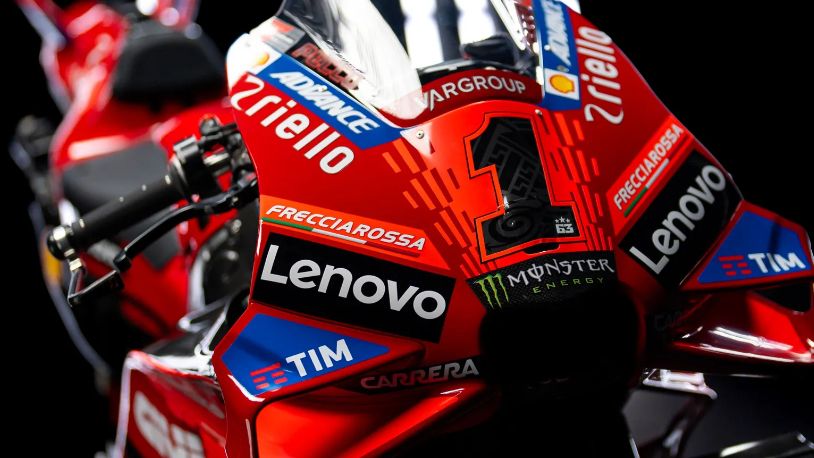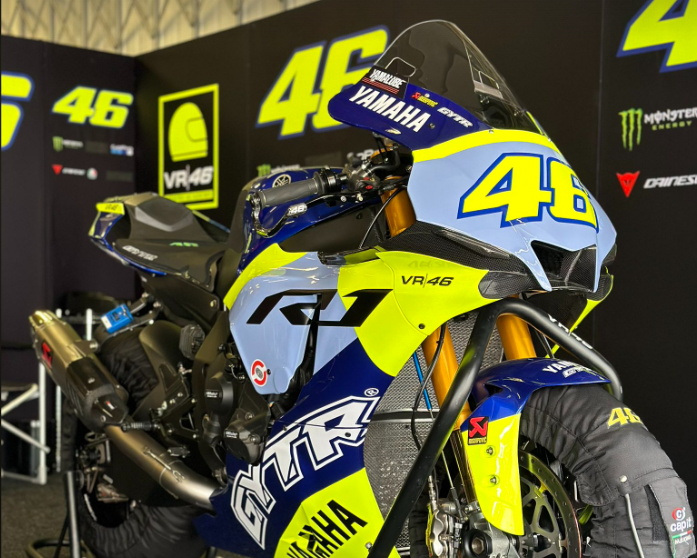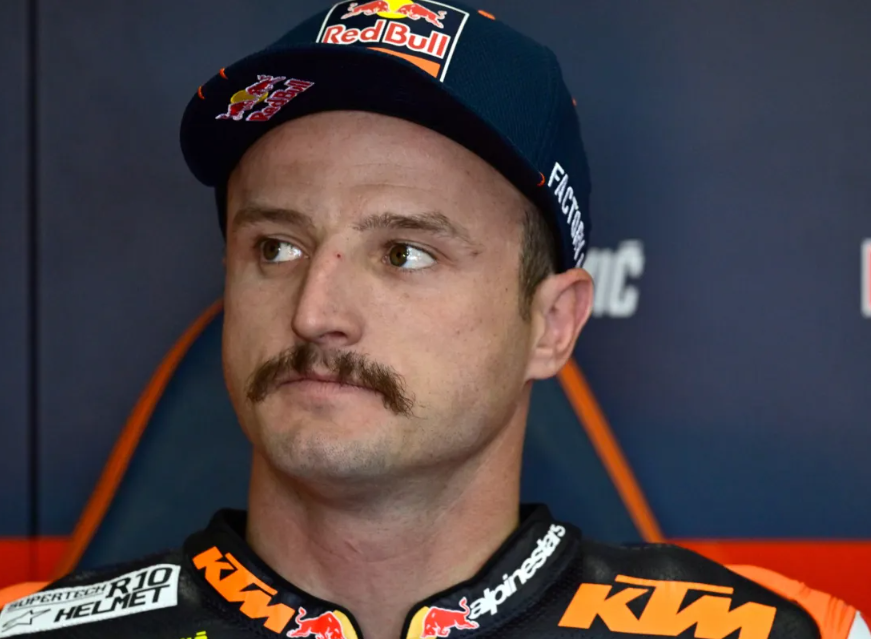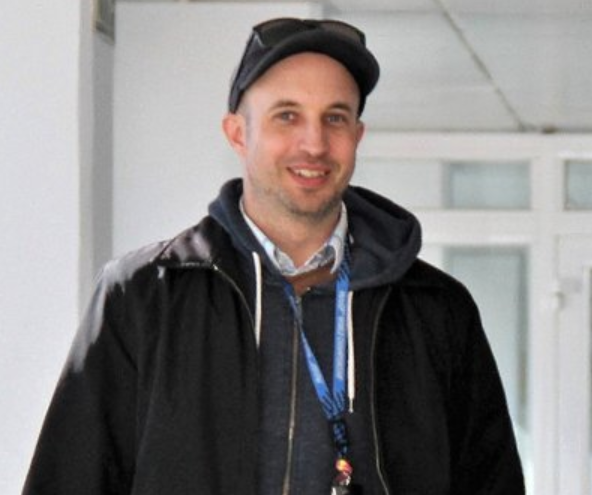Ducati: MotoGP rivals poaching staff ‘a problem’ but ‘part of the game’
Ducati technical director also warns rivals that it might not work as well as they hoped.

Ducati’s level of MotoGP dominance, including winning 17 out of 20 Grands Prix in 2023, means its key staff continue to be targeted by rival manufacturers.
The factory’s technical director Davide Barana admits it’s a “problem” for the reigning world champions but warned rivals that building success in MotoGP is “not just a matter of taking good people”.
Fabiano Sterlacchini, Francesco Guidotti, Cristhian Pupulin and Alberto Giribuola are some of the names that have been tempted away from Ducati (to KTM) in recent seasons.
Among the latest to leave is ex Ducati Vehicle Performance Engineer Max Bartolini, who moves to Yamaha.
“Yamaha has Max Bartolini coming to them and for sure [he] will [help them] make a big step,” said Ducati’s reigning double world champion Francesco Bagnaia.
“Of course it's a problem [to lose staff],” Barana told the Paddock Pass Podcast.
“Because some people that left have a lot of knowledge, they were a part of Ducati for many years, so they know very well what we did, the reason that we did certain solutions.
“But this is part of the game. When you become competitive, it's normal that your competitors try to hire people from you.
“We try to keep the people if we can. Sometimes we succeed, sometimes not. But anyway, we have also other guys that are growing.
“When you lose a good engineer – a friend also, because we have a long story together – it's always a shame. But we also consider this an opportunity for other guys who have developed in the company to reach a certain level, to give them more responsibility, to also have fresh engineers with new ideas.
“We prefer that people stay, but I think our strength is we have a lot of people who are very good and work well together.”
Barana added that while targeting its staff can be a shortcut to success for their rivals, it’s far from guaranteed.
“It's not straightforward that one good guy will perform as good as in Ducati, because you don't know [if] the environment that they go to is as good.
“Also, in other categories like in F1, there have been new entries that collected very clever and skilled people from here and there and put them together, but it's not obvious they can work efficiently together.
“There have been great projects that failed in spite of them having a great team.
“It's not just a matter of taking good people, the relationship [between them] takes years to be established and to work together efficiently.”
Interestingly, Barana cited Ducati’s in-house approach towards building its MotoGP project, which debuted in 2003, as a reason for its current strength.
“I think that the strength of Ducati is that when we entered in MotoGP, we didn't take engineers from the manufacturers that were already present, we kept our guys from the World Superbike project, put them into the new GP project and built up our knowledge,” he said.
“It's a long process, but it will pay back. I think also if in the future we find ourselves in a position where we have to recover, I don't know if I would hire engineers from the other brands. I would prefer much more to invest in my guys.
“For sure the guys that left are also friends, so I hope for them the best. But with my Ducati hat on, I hope they will struggle to bring the knowledge into the team and improve the project they joined!”
But he again cautioned that there is no instant fix for transforming a MotoGP project.
“I think honestly speaking, looking at our competitors that are struggling, I think one big mistake is to believe that something can be changed in a few months. This makes even more confusion.
“If you have a problem, if you are behind, you have to make a recovery plan. But not in 3 months, 6 months. It takes 1 year, 2 years, 3 years. Otherwise you just add more confusion to the existing confusion.
“Because the performance of the bike is a combination of different small factors. So you cannot just work on certain parts or concentrate on only one because it's the weakest point.
“The secret, or our strategy, is to evolve the bike in a 360 degree way.”








